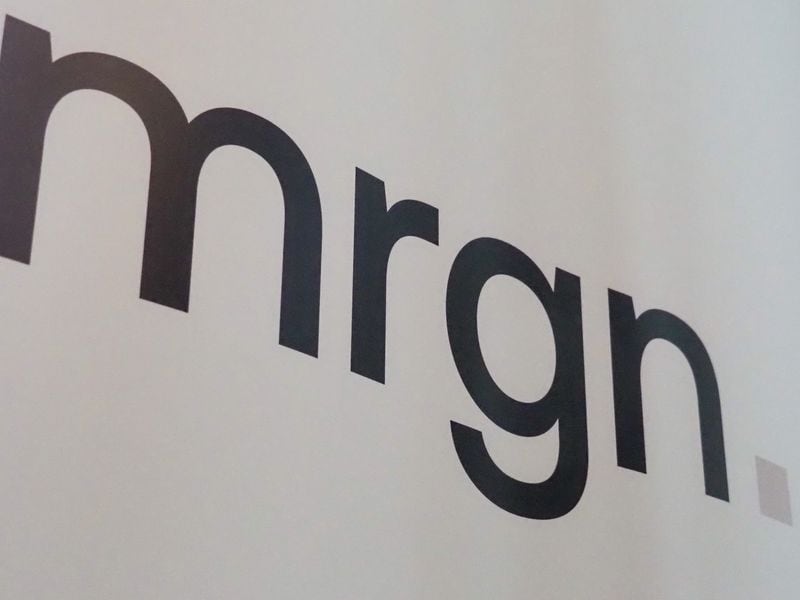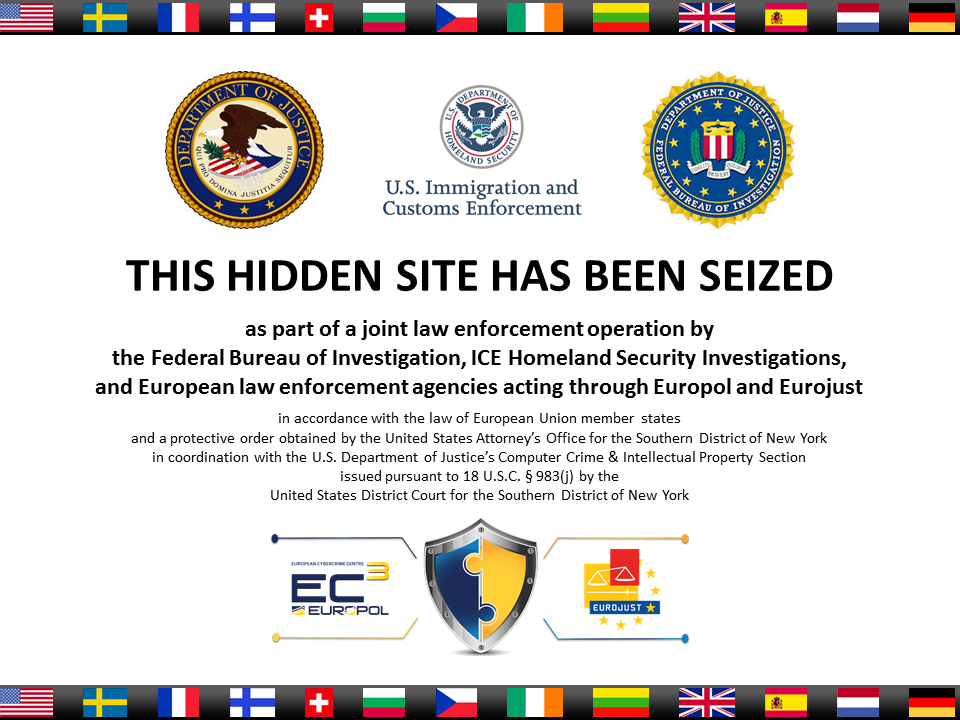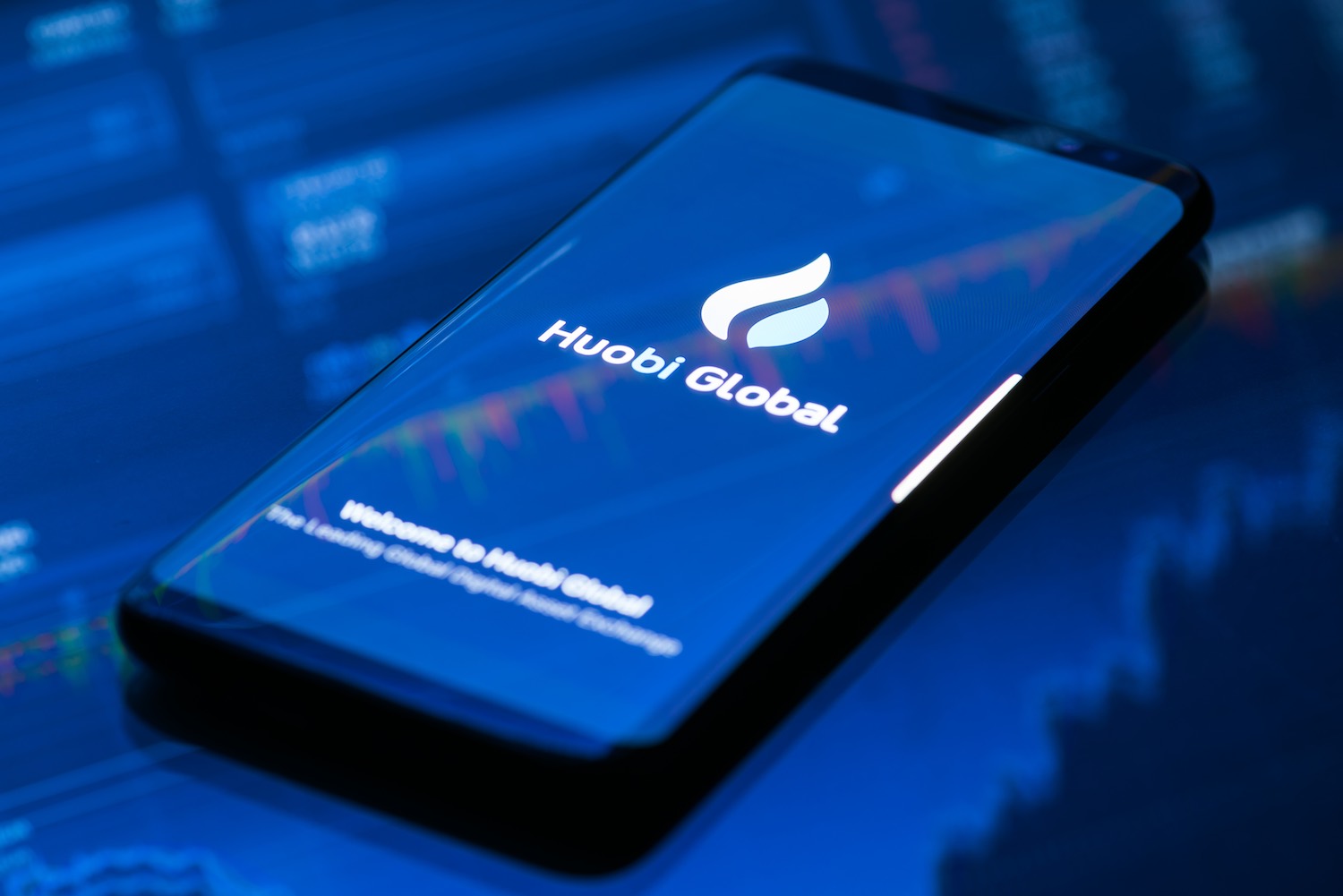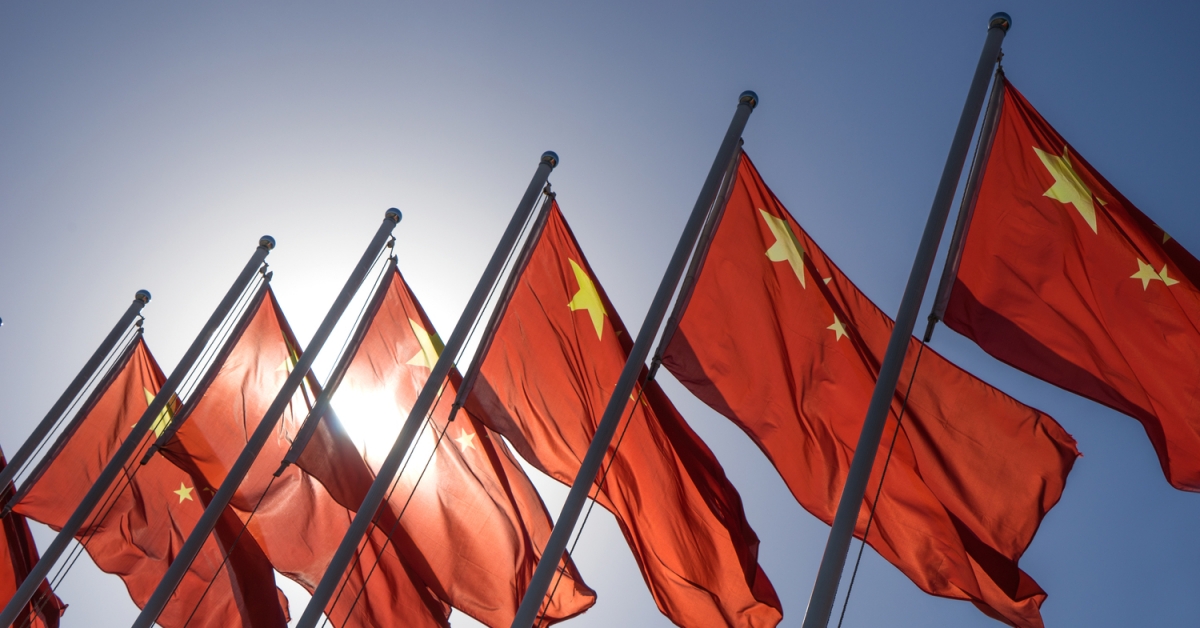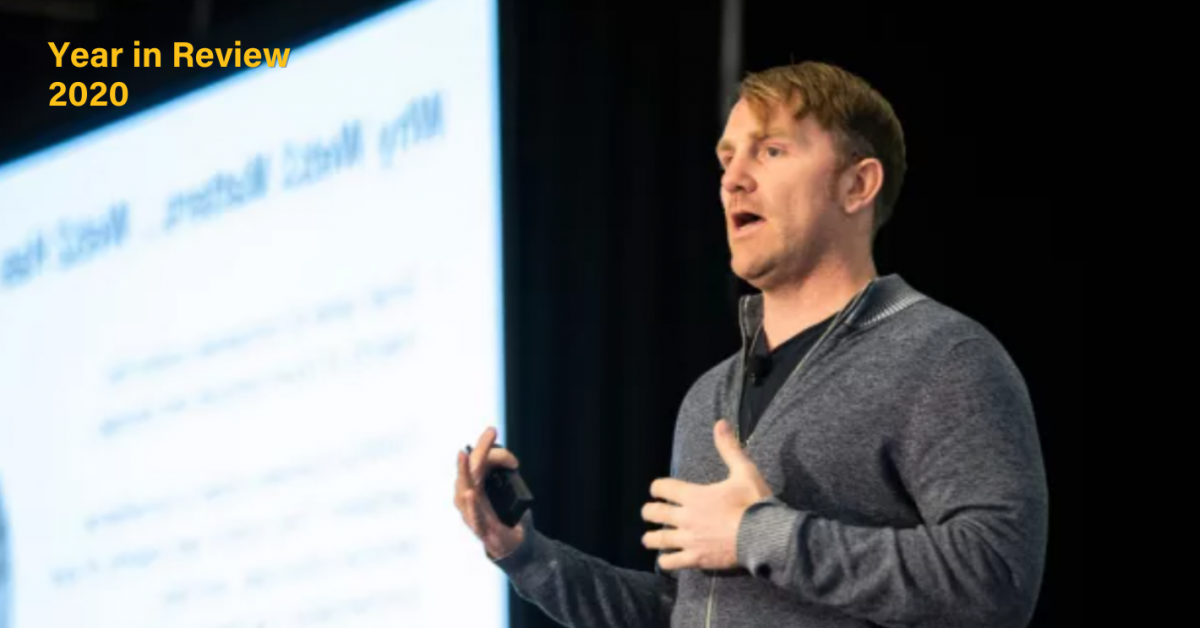Crypto Mining for Political Campaigns? A US Elections Agency Is Considering It
The U.S. Federal Election Commission (FEC) is considering a request that, if approved, would allow people to contribute to political campaigns by donating some of their processing power to mine cryptocurrencies.
The request from OsiaNetwork LLC, quietly published in late September, is the first of its kind, and if given the thumbs-up would represent a new way for cryptocurrencies to be used to support political efforts in the U.S. The request is currently subject to a public comment period.
In May 2014, the FEC gave its approval for bitcoin donations as a form of in-kind contribution to campaigns.
The company wants to serve as the platform through which would-be “volunteers” can give up their devices’ processing power to mine, effectively serving as a mining pool but with a decidedly political bent.
“OsiaNetwork would allow volunteers to support federal political committees by ‘pooling’ the processing power of their internet enabled devices to mine cryptocurrencies. OsiaNetwork believes that enabling individual volunteers to so ‘pool’ the processing power of their internet enabled devices would allow individuals to support their preferred candidates, which they would not otherwise be able to do,” the request states.
According to the document, volunteers would designate which devices they want to use, and as long as they’re actively signed into OsiaNetwork’s website, their computing power would be used to generate new cryptocurrency.
“Mining rewards will be allocated among OsiaNetwork’s clients proportionately to the number of hashes that each committee’s volunteers generate in order to solve the block that generates the mining reward,” the company explained. “OsiaNetwork will maintain a separate account for each of its clients that reflects on an ongoing basis the number of hashes generated by the individual volunteers of that particular client.”
OsiaNetwork goes on to clarify that it, not the volunteers themselves, will receive the generated coins. Volunteers “will not have ownership interest in or any rights to the mining reward at any point.”
Notably, the request seeks to allow political campaigns themselves to solicit such a donation option, with OsiaNetwork connecting to their websites and enabling contributors to sign up from that point.
As OsiaNetwork explained:
“If a federal political committee would like to allow their individual supporters to volunteer the processing power of their internet enabled devices, OsiaNetwork will provide the tools necessary to create a webpage on that committee’s website that provides the methodology to pool the processing power of these volunteers’ internet enabled devices.”
In return, OsiaNetwork would take a share of the mining rewards earned, “and the percentage will not change based on how much cryptocurrency is mined.”
“This fee will include a reasonable profit,” the company added.
Image Credit: Shutterstock
The leader in blockchain news, CoinDesk is a media outlet that strives for the highest journalistic standards and abides by a strict set of editorial policies. CoinDesk is an independent operating subsidiary of Digital Currency Group, which invests in cryptocurrencies and blockchain startups.



